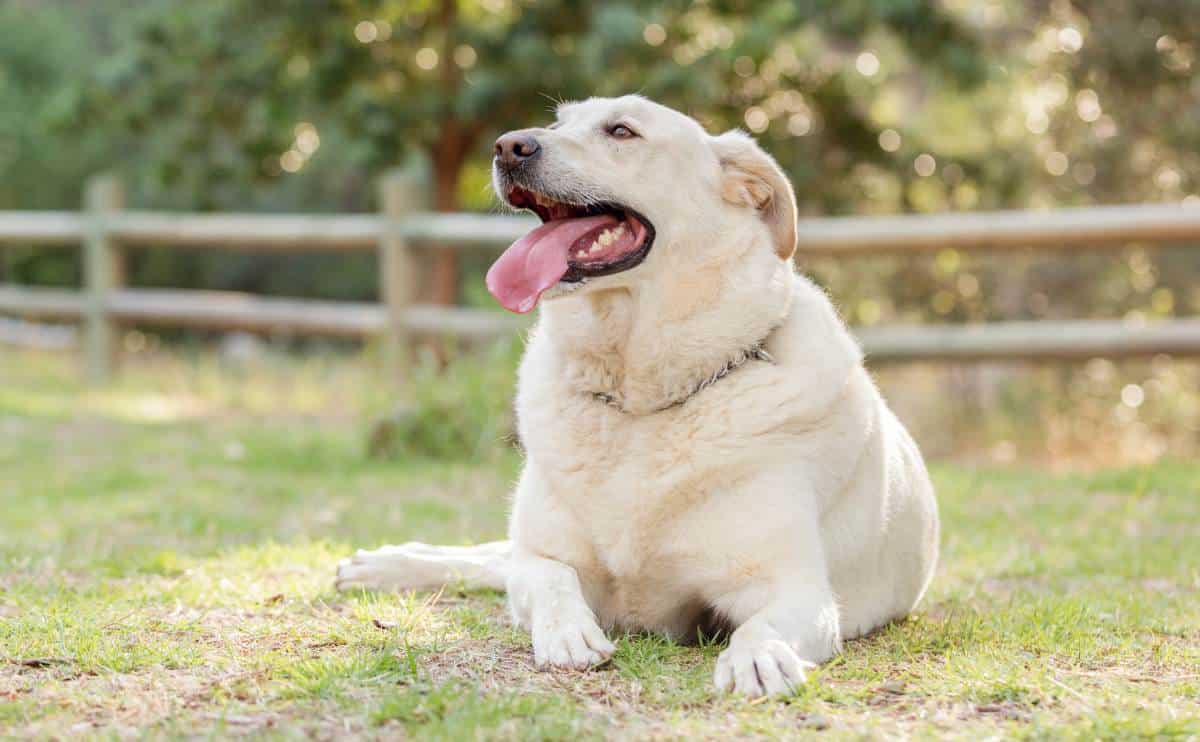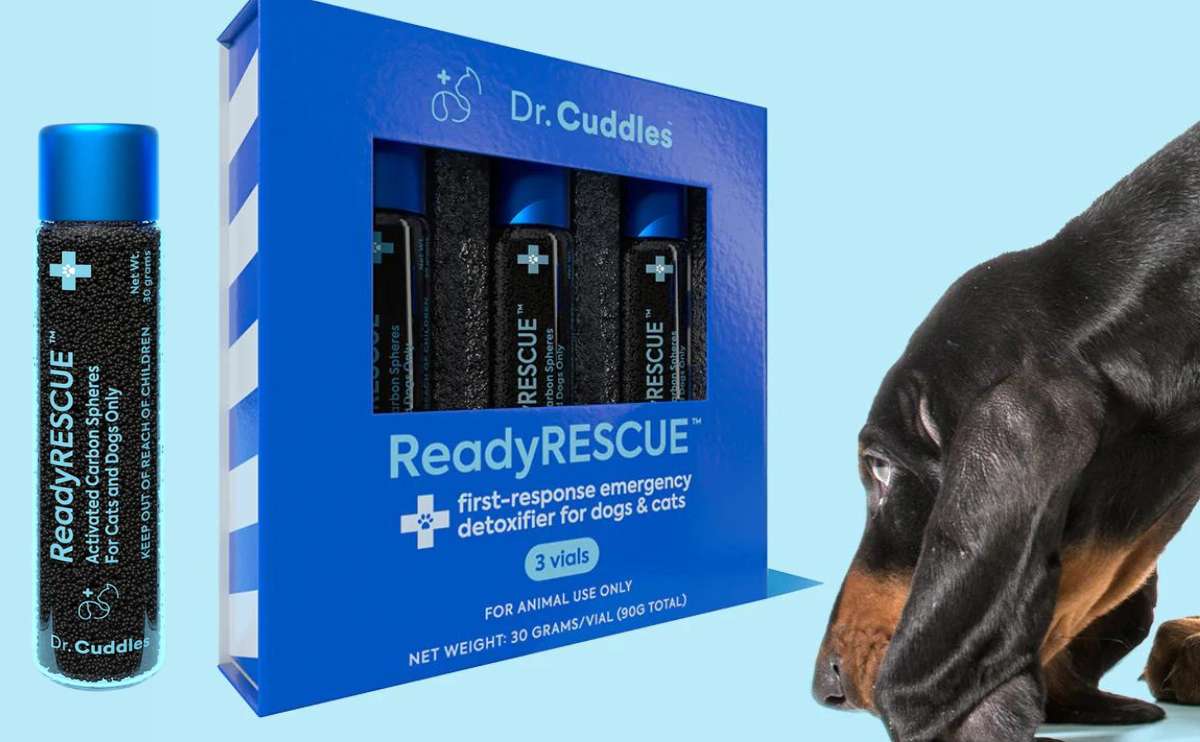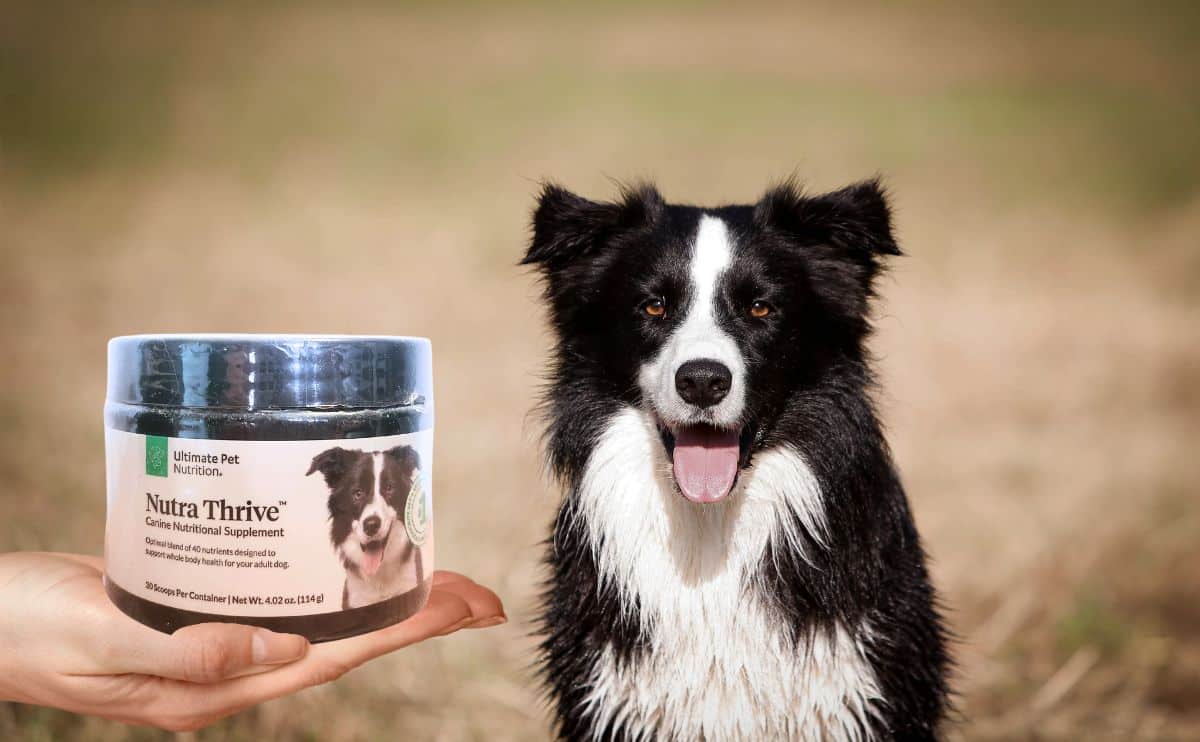When you purchase through links on our site, we may earn a commission. Here’s how it works.

If you can’t imagine letting go of your precious pup, would you ever consider cloning your dog? Despite the exorbitant cost, a growing number of pet parents are having their beloved pups cloned, and cat and horse cloning are on the rise as well. Once a figment of science fiction, pet cloning is now commercially available around the world. However, as you might expect, many pet experts aren’t exactly embracing the practice.
When Did Dog Cloning Start?
Although Dolly the sheep was cloned back in 1996, dog cloning was more complicated for researchers to perfect. It wasn’t until 2005 that a South Korean research team achieved the first successful dog cloning, producing two Afghan hound puppies from ear skin cells of a dog named Tai. One of the puppies died from pneumonia soon after birth, but the other puppy, Snuppy, lived a happy life for 10 years until he died of the same cancer Tai had.
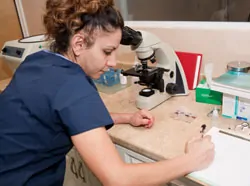
Since that time, scientists have conducted hundreds of dog cloning procedures and studies. The first successful breeding between cloned dogs in 2008 produced 10 puppies when Snuppy’s sperm was artificially inseminated into two female cloned dogs. And in 2017, scientists at Sooam produced four clones of Snuppy — the first clones created from a cloned dog — to study the health outcomes of re-cloned dogs. Studies in other cloned mammals have shown similar progress with healthy “offspring.”
How Dog Cloning Works
Although the term for the pet cloning process sounds complicated, somatic cell nuclear transfer (SCNT), it’s not as difficult as you might think. Scientists extract somatic cells (most commonly skin cells) that contain intact DNA from a “donor” dog (the dog to be cloned) and culture these cells in their lab.
Then, scientists extract unfertilized eggs from a female dog and remove the nucleus from the egg, which erases that dog’s DNA from the eggs. The next steps involve inserting the DNA from the “donor” dog into those eggs and applying an electronic pulse to synthesize the donor cells with the eggs. This pulse also helps to kickstart cell division.
Finally, scientists surgically implant these modified eggs into surrogate female dogs, who are typically given hormones to boost the implantation and growth process in the womb. If all goes right, the surrogate dogs can then carry the pregnancy until term and have a natural birth.

Is A Cloned Pet An Exact Copycat?

No. While a cloned dog, cat, or horse has the exact same DNA as the donor parent, that doesn’t mean everything about a clone will be the same, including a different personality, behavior, and physical traits. This is because the DNA gets modified slightly during the cloning process, not to mention the environmental factors that affect personality and behavior. So, if you want an exact replica of your beloved pet, unfortunately, cloning cannot give you that. With that said, there can be many similarities, but there’s no way to predict how a cloned dog will turn out.
Commercial Dog Cloning
Fast forward to today. Dog cloning has become a commercial enterprise that’s now available to the general public, albeit at a hefty cost. The first most high-profile, widely publicized customer was Barbra Streisand who revealed in 2018 that she had her beloved pup Samantha, a 14-year-old Coton de Tulear, cloned twice, producing two healthy puppies named Miss Violet and Miss Scarlett. Several other celebrities and hundreds of wealthy pet parents have also had their dogs cloned.
So, which companies offer dog cloning? Texas-based ViaGen, which launched pet cloning in 2015, is the only company in the U.S. that currently clones pets, including dogs, cats, and horses. South Korean-based Sooam and China-based Sinogene are two other companies that provide pet cloning services.
How Much Does It Cost To Clone A Dog?
Unfortunately, dog cloning costs are prohibitive for many people. Cloning a dog through ViaGen costs $50,000 ($35,000 for a cat and $85,000 for a horse). If you’re not sure you want to go through with the cloning process, you have the choice to have a company preserve your dog’s cell sample cryogenically in case you want the option of cloning your dog in the future. ViaGen’s Express Tissue Banking is $500 for a dog, and Sinogene charges $100 to $300 per year to preserve your dog’s cells.
What Are The Ethical Concerns?
As you can imagine, pet cloning has its naysayers. Among them are many bioethicists and animal welfare advocates, including the Humane Society of the United States and PETA. Experts raise several different concerns about the morality and lack of oversight in the pet cloning process.
Using Dogs As “Lab Rats”
First, dog cloning only has a 20% success rate, according to experts in Columbia University’s Bioethics Program. These experts and many other critics point out that this low success rate means that even cloning one dog can involve multiple female dogs and multiple surgeries to collect unfertilized eggs and then the same to implant cloned embryos. Surgery comes with risks, and these procedures aren’t medically necessary for the lab participants’ health, say experts. Furthermore, these surrogate dogs are given ongoing hormone treatment to boost fetal growth.
A Call For Oversight
In the ASPCA’s position on pet cloning, this animal welfare organization raises another important issue. Pet cloning is largely unregulated, and since it’s privately funded, the research and practices haven’t undergone public scrutiny. The ASPCA calls for a scientific and ethical analysis of the research, current processes, and public sale of cloned pets.
Why Not Adopt?
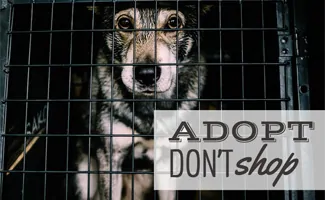
Finally, animal advocates raise a rather obvious question. What about all the shelter and rescue pets that need homes? Some find it morally reprehensible to spend tens of thousands of dollars to clone one dog or cat when millions of pets are stuck in shelters, many of which face euthanasia. This, of course, gets to the “adopt, don’t shop” stance that many animal rights activists hold.
Frequently Asked Questions
We’re sure you have more questions about dog cloning. Here are some of the most common to help you better understand this practice and process.
Can You Clone A Deceased Dog?
Yes, but the cell-life clock begins ticking upon death. For example, if your dog dies suddenly and unexpectedly, you’d have to get your dog’s cells extracted as quickly as possible because animal tissue begins to degrade fairly rapidly after death. If you contact one of these companies, they can give you or your veterinarian specific instructions on how to take a tissue biopsy and preserve it before you send it on to their lab. Soam says you have approximately five days to extract viable cells, as long as your deceased dog is refrigerated.
What Is A Cloned Dog’s Life Expectancy?
Research over the last 20 years has shown that a cloned dog’s life expectancy is typically the same as a natural dog of the same breed (life expectancies vary by breed and size). For example, Snuffy’s longevity was the same as his donor parent’s. But scientists are continuing their research into cloned dogs to get a better understanding of the health outcomes and longevity of cloned dogs.
Can You Clone A Dog From Hair?
Dog hair isn’t a reliable option for cloning. While the DNA from hair can be used for identification purposes with humans, it’s not a viable cell source for cloning a dog. Why? Cells die quickly, and fallen-out hair won’t provide the live and active cell DNA needed for cloning.
One Couple’s Experience (Video)
Check out the three-minute video below for the heartwarming story of one British couple’s decision to clone their beloved Boxer Dylan upon his death.
Ways To Memorialize Your Precious Pup
Losing our pets is one of the hardest parts of life. It can be so hard to say goodbye and deal with the ensuing grief. That’s why some are turning to dog cloning to hold onto a part of their beloved pet. However, if you can’t afford to clone your dog or believe it’s an ethically questionable practice, there are other ways you can remember your furry friend once he’s departed.
You can get a personalized headstone or a special urn to memorialize your dog’s remains. You may also want to consider having a portrait made to hang in your home. And if you miss snuggling with your pup, you can even get a Cuddle Clone, a custom-made stuffed animal that’s a replica of your loved one. These may give you some comfort as you grieve for your pet.
Tagged With: